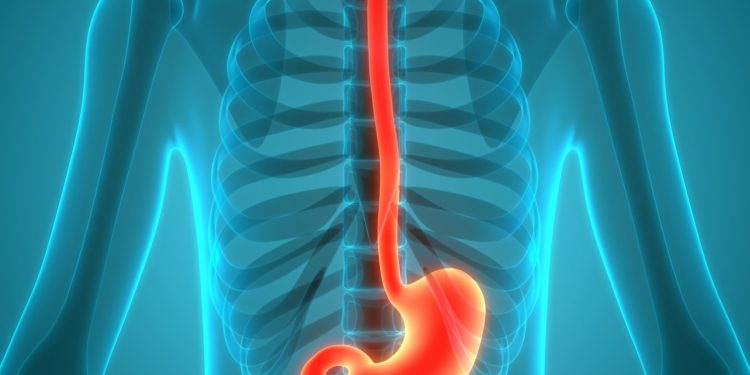In a groundbreaking study detailed by the Harvard Gazette, researchers have uncovered a potential link between Parkinson’s disease and the gut, shedding light on a new perspective in understanding and potentially treating this complex neurodegenerative disorder.
The traditional view of Parkinson’s has centralized around the brain, particularly focusing on the loss of dopamine-producing cells. However, this latest study delves into the possibility that Parkinson’s may originate in the gut before affecting the brain, challenging previous assumptions and opening up new avenues for exploration.
The study’s findings point to the presence of alpha-synuclein, a protein associated with Parkinson’s disease, in the gut of patients even before symptoms manifest in the brain. This discovery raises intriguing questions about the disease’s progression and provides a fresh angle for researchers to investigate.
With the gut-brain connection increasingly gaining attention in various fields of research, this new insight into Parkinson’s disease adds another layer of complexity to our understanding of neurological disorders. The intricate interplay between the gut microbiome and the brain highlights the need for a more holistic approach to studying diseases like Parkinson’s.
Moreover, the implications of this study stretch beyond Parkinson’s disease alone. Understanding how the gut may serve as a potential starting point for neurological conditions could have far-reaching implications for other disorders as well. By exploring the gut-brain axis, researchers may uncover novel treatment strategies that target the underlying mechanisms of these diseases.
This paradigm shift in Parkinson’s research underscores the importance of interdisciplinary collaboration and innovative thinking in unraveling the mysteries of complex neurological disorders. Moving forward, additional studies and clinical trials will be essential to validate these initial findings and explore the full extent of the gut’s role in the onset and progression of Parkinson’s disease.
In conclusion, this study opens up a fresh perspective on Parkinson’s disease, highlighting the gut as a potential key player in the disease process. By broadening our understanding of the gut-brain axis, researchers can uncover new avenues for intervention and treatment, ultimately offering hope for improved outcomes for individuals living with Parkinson’s and other related conditions.













